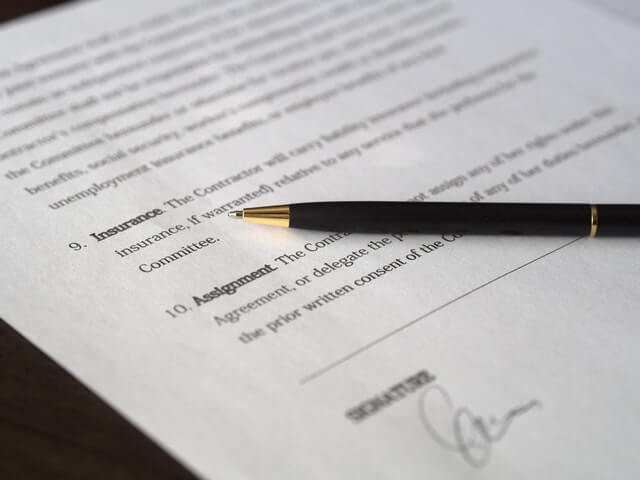In this day and age, social media has become a significant part of our society. It is something enjoyed by many because it allows us to expand our social circle, communicate with friends and relatives from different parts of the world, and gives us easy access to information on what is happening around us.
With the ease of giving out information for public consumption, it has become a powerful tool to shape culture, spread awareness, push for change, and start a dialogue. However, it is not always for the common good.
As the saying goes, “with great power comes great responsibility.” In this case, social media gives people power, but not all people are responsible and have pure intentions. That is why social media can be destructive in many ways.
In the rental business, landlord-tenant defamation cases have been rising for the past years only because conflicts are publicized on social media for the public to scrutinize. In the same way one can use social media to build a good reputation, one can also use it to destroy one.

We are all too familiar with personalities or business entities who were victims of social media’s “cancel culture,” which is about dragging someone down based on partial information published online. The one being “canceled” becomes an outcast of society — a pariah unable to bounce back from downfall.
Landlords these days are exposed to the danger of such a threat because one bad review (regardless if it’s true or false) can lead to their business’s downfall. That is why it is crucial for those in the residential rental industry to know how to handle negative social media posts from their tenants.
Face the Tenant
Settle the online issue in the real world. The problem with online-based arguments is that it’s more prone to misinterpretation and other people can join the discussion, which often adds fuel to the fire.
When a tenant goes out of line and posts derogatory statements about the landlord on social media, the landlord must approach the tenant directly to discuss the issue face to face.

The confrontation may be uncomfortable, but having a dialogue where both parties can listen to each other’s side, including the tone of voice and body language, will be more effective in reaching a point of understanding.
However, the landlord must initiate the discussion with an open mind and professionalism. Approaching the tenant’s aggression with hostility would only make things worse.
Bring out the Lease Agreement
After learning the reason for the tenant’s online complaint, both parties must review the lease agreement and use it as a basis of whether or not the reason is valid. The lease agreement outlines the rights of both the landlord and tenant when it comes to different aspects of their transaction. Therefore, should conflicts arise, the lease agreement can serve as a guide on how to act on the issues at hand.
The lease agreement will give a clear and unbiased idea of whether the landlord has made a mistake. If he did, he must take immediate actions to rectify the blunder.

Fix the problem
Once it’s clear to both parties where the conflict is rooting from and why the tenant is upset, they must discuss what next steps to take to solve the problem.
Regardless of whether or not the landlord has indeed committed violations that made the tenant upset, it must be clear to the tenant what the local laws and lease agreement stipulate. That way, both parties would come to an amenable resolution.
Once the situation has calmed, the landlord may politely request the tenant to publish an update to decrease the negative impact of the initial defamatory post. If the tenant refuses to do so, despite the landlord’s effort to fix things, the landlord can publish a statement on the company’s own social media account to explain their side of the story. However, this is unnecessary unless the landlord has received a large amount of backlash because of the tenant’s statement. It also does not have to be very specific. Expressing that there is an effort to fix the issue with the tenant may suffice.
If the tenant continues to defame the landlord despite the landlord’s willingness to fix the issue, the latter may consider filing a defamatory case against the tenant. However, he needs to consult a lawyer first to see if that course of action is valid.
As for rental agents, after publishing a listing on Padleads and find qualified tenants, take the extra mile to remind landlords and property managers to orient the new tenants how and where to air their grievances when they experience issues during their stay. It is better if, from the beginning, the tenants are aware of the company’s process of handling complaints so that they will not resort to online shaming the company.